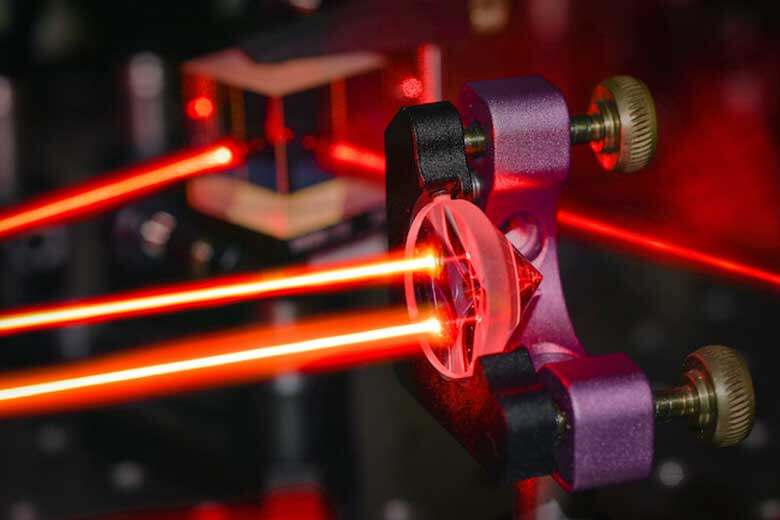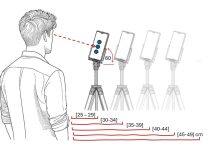The University of Glasgow is set to play host to a third new collaborative research alliance supported by the Scottish Funding Council (SFC).
The SFC have announced that their Alliance for Research Challenges (ARCs) programme will support a new alliance for quantum technologies, led by researchers from the University’s School of Physics & Astronomy and James Watt School of Engineering.
The project joins the previously-announced Scottish Brain Health ARC and the Scottish Alliance for Food at the University of Glasgow, and a fourth ARC on energy led by the University of St Andrews.
The Quantum Technologies ARC will receive up to £600,000 of SFC funding over the next four years. The investment will enable it to create multi-disciplinary, cross-sector teams to strengthen and accelerate bids for major research grants, including funding from overseas.


The ARCs programme is designed to address some of the biggest questions facing the Scottish Government and governments across the world.
Quantum technology has the potential to provide breakthroughs in areas such as medical diagnostics and zero-carbon energy production, as well as computing and communications.
The Quantum Technologies ARC will build on Scotland’s established strengths in quantum science and technology and create the skills base needed to realise future benefits.
Scotland is central to the UK’s quantum mission, with the University of Glasgow leading one of the UK’s four quantum technology hubs, QuantIC, and being a key contributor to the other three. Scotland also hosts the only UK Fraunhofer Centre and the University of Glasgow’s James Watt Nanofabrication Centre, both of which are key ingredients to the UK Quantum programme.
The Quantum Technologies ARC will benefit from collaborations and interactions with these, and other, research centres and build new connections to industrial partners, helping develop real-life applications, such as in healthcare. In addition, the ARC will investigate the societal and economic repercussions and opportunities of quantum technologies.
It will also work to lower the barriers that prevent the conversion of quantum research to technological applications by creating a dedicated network to establish and strengthen links which can overcome these challenges. This interdisciplinary network will help to and maximise of the impact of quantum-related research and development on the Scottish economy.
The co-leads of the Quantum Technologies ARC, Dr Ashley Lyons and Dr Sam Bayliss, said: “We are seeing rapid and remarkable developments in using quantum-mechanical features of the world to enable practical technologies, with Scotland being a key player in this progress.
“The key to realising the potential benefits of such technologies is a holistic approach which creates dialogue between market-driven challenges; cutting-edge research – including in subjects such as the arts, humanities, and social sciences – and wider society.
“Thanks to this ARC, we are in a special position to be able to achieve this, and create a new, interdisciplinary hub for quantum technologies development in Scotland.”
Helen Cross, SFC’s Director of Research and Innovation, said: “It’s great to be able to confirm another collaborative award in our ARCs programme. Creating a research challenge for quantum technologies will accelerate Scottish research collaboration in this area and allow us to benefit from the potential of quantum technologies more fully and more quickly.
“An important aspect of the multi-disciplinary approach is that the cross-university network will consider the ethical and societal impact of the technology as well as the science itself.”








































